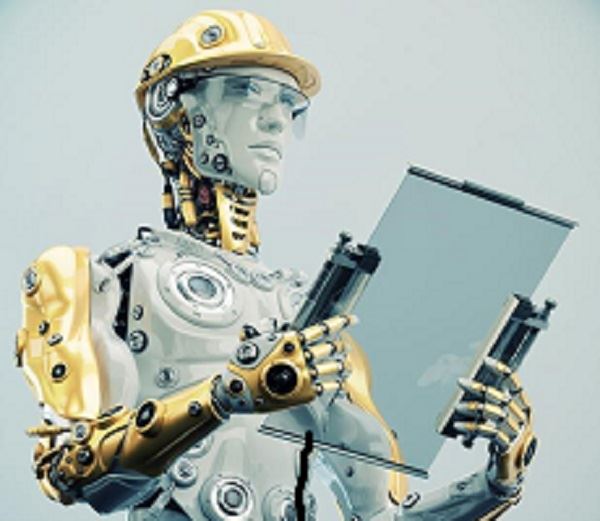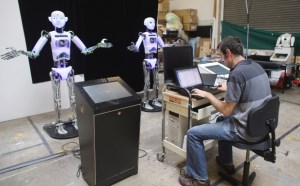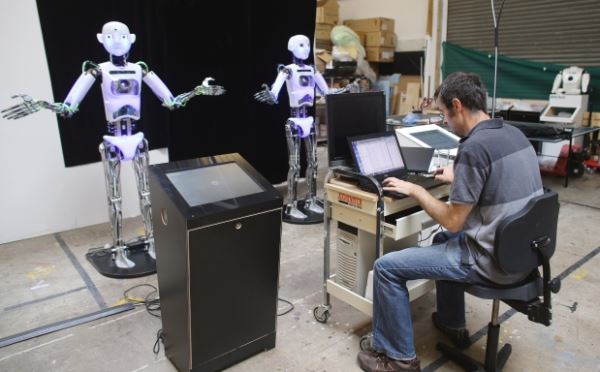Robotics and automation has changed the way many companies now do business.
The transformation has brought with it a reskilling in the workplace and a change in management roles and skills.
With the emerging market for robots as a consumer and as a manufacturer, there is a dire need for someone who can smoothly control and handle the day-to-day involvements with the robot.
The management of robotics is fast becoming a key issue in modern industry. This has led to the rise of a new post called Chief Robotics Officer (CRO).
And the CRO position is fast gaining a foothold in the new automated world.
What the Chief Information Officer was to an enterprise, a CRO will be the equivalent in the robotics field.
According to figures presented by Gartner, 10 percent of organizations in supply chain dependent industries will have a CRO by 2020.
A CRO in such industries will look to bring about a perfect balance between the human and robotic workers, according to a report in Analytics Insight magazine.
The CRO would be developing a management structure suited to both humans and robots by blending engineering, IT, logic, problem-solving and human capital management skills.
Set of rules and guidelines
Apart from managing the functioning of robots installed, a CRO will also have to take care of the life cycle and upgrade them as and when necessary according to the timelines, reports Analytics Insight magazine.
It will be the role of CRO to design a set of rules and guidelines along with principles to be followed to ensure the functioning of robot goes without any hurdle.
Defining governance and other crucial management techniques is yet another paramount factor. There have been individuals appointed from time to time in an enterprise to monitor the robots. However, this leads to distributed work and a haphazard implementation which is why a CRO is all the more pivotal.
“Electronic persons” with rights or “personhood” of the robots is what we can expect in the near future.
Work disputes
In such cases, an important question arises regarding how work disputes between the bots and humans would be settled? And, would bots be included in teams? Also, could someone be accused of overworking a bot? Then all of this would lead to a point where bots would be held liable for their jobs.
And, for a liable bot, a compensation system would then have to be introduced. But then how are you going to reward or punish a bot?
The challenge of creating and managing a robotic workforce is more human than technical and a plan has to be in place for every kind of situation.
Technology is rapidly outpacing the management overseeing it. The landscape is profoundly changing. Humans are going to be losing out on jobs to the bots for sure. But this will not happen without the creation of some other new departments.
As for the leaders of future robotics workforce, they will no longer be making plans to drive the performance levels of individual employees.
Rather, they’ll be engaged in designing and building upon the performance of their robotic workforce – a clear role cut out for a CRO.


